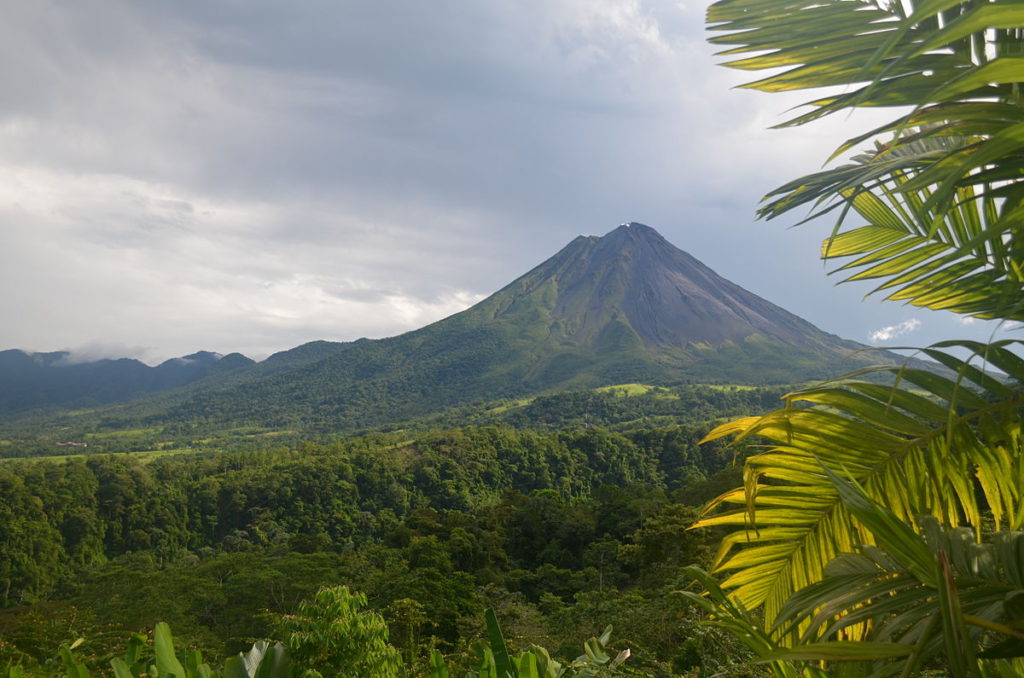Costa Rica wins arbitration case over open-pit gold mine

An international arbitration panel ruled Costa Rica does not owe Canadian miner Infinito Gold compensation after the cancellation of a mining project a decade ago, the government announced on Friday, but the firm said it was still studying its options.
Infinito Gold sought about $400 million in damages in the long-running case over its Crucitas open-pit mine in Alajuela province, near the border with Nicaragua, which was fiercely opposed by environmental activists seeking to strengthen the country’s ecological stewardship.
The ruling was made by the Washington-based International Center for Settlement (ICSID), affiliated with the World Bank, but has not been made public.
President Carlos Alvarado celebrated the decision in a post on Twitter.
“We should remain free of open-pit mining,” he wrote on Friday.
In a company statement sent to Reuters, Infinito Gold pointed to the arbitration ruling’s finding that Costa Rica violated the terms of a Costa Rica-Canada investor protection deal, which it said should take precedence over national law.
The statement added that company is evaluating next steps both with ICSID as well and within Costa Rica, including the possibility of restoring its mining concession.
Environment Minister Andrea Meza, meanwhile, argued that the arbitrators “recognized that it’s legitimate for a country to declare itself free of open-pit metals mining as a sovereign objective to protect the environment,” according to a statement.
The government statement added that the ruling determined that Costa Rican authorities did not deny due process to Infinito Gold through the country’s courts.
Growing activism opposing the Crucitas mine lent support for a law passed by lawmakers in 2010 that banned open-pit mining, a major achievement at the time for those pushing a greener image for the Central American country.
In 2014, Infinito Gold sought international arbitration over its stalled project. The company had previously lost a string of court cases despite holding the concession since 2001.
(By Alvaro Murillo, Jeff Lewis and David Alire Garcia; Editing by Marguerita Choy and Alistair Bell)
More News
Contract worker dies at Rio Tinto mine in Guinea
Last August, a contract worker died in an incident at the same mine.
February 15, 2026 | 09:20 am
{{ commodity.name }}
{{ post.title }}
{{ post.date }}




Comments
BOB HALL
Don’t want mining? Refuse the benefits and products of mining!